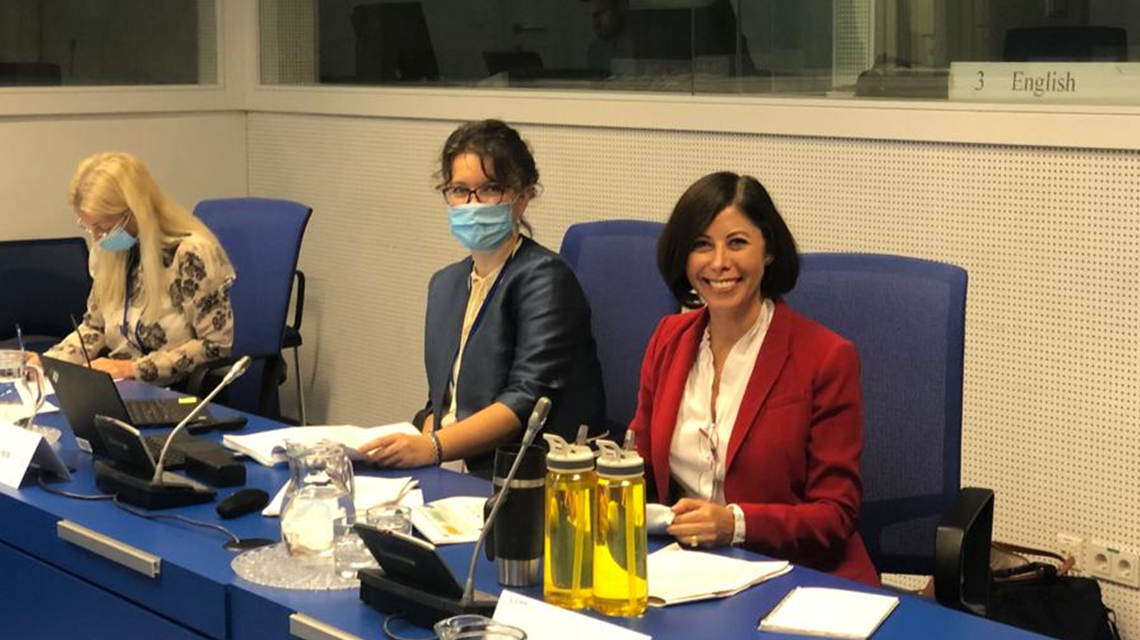The success of the IAEA technical cooperation (TC) programme in Europe and Central Asia relies on close coordination between Project Counterparts, Lead Project Coordinators, National Liaison Officers and Assistants and IAEA staff, who are often separated by time-zones and by thousands of kilometres. Together, this international group comprise project teams, which are responsible for the implementation of TC projects and their corresponding activities.
To ensure that new team members are fully informed of their responsibilities, the IAEA recently organized a series of five interactive webinars in both English and Russian, taking place between 1 and 16 October. Focusing on project implementation, the webinars were designed to provide a comprehensive overview of technical cooperation projects, their constituent components and the roles and responsibilities of everyone involved in carrying projects out.
“This webinar series will help to establish a solid basis for enhancing the shared responsibilities for the technical cooperation programme, between Member States and the Secretariat,” said Eve-Külli Kala, Director of the TC Division for Europe, in her opening remarks to the first session of the series, held on 1 October.
Organized shortly after the conclusion of the region’s annual Meeting of National Liaison Officers and Assistants and designed to provide an induction process, the webinar series and its contents were tailored to suit the particular needs of newly-appointed Project Counterparts (CPs), National Liaison Officers (NLOs), National Liaison Assistants (NLAs) and Lead Project Coordinators (LPCs), who are responsible for the overall management and direction of TC projects in their respective country.
While NLOs, NLAs, CPs and LPCs have discrete and unique responsibilities, by understanding one another’s mandate and responsibilities, they can become better-positioned to collaborate and to cooperatively design, develop and finally implement both regional and national programmes. The webinar series covered all aspects of that implementation, from the initial development of a Country Programme Framework—which establishes national development priorities—to the preparation and finalization of budgets, work plans and project implementation. Special emphasis was placed on human resource components and procurement, as well as on monitoring, reporting, evaluation and communication.
“These webinars have been designed to provide a complete description of programme procedures and operating components, focussing on the most essential timelines and milestones. Your participation in this event should clarify the roles and responsibilities which underpin the management of the programme,” said Director Kala.






